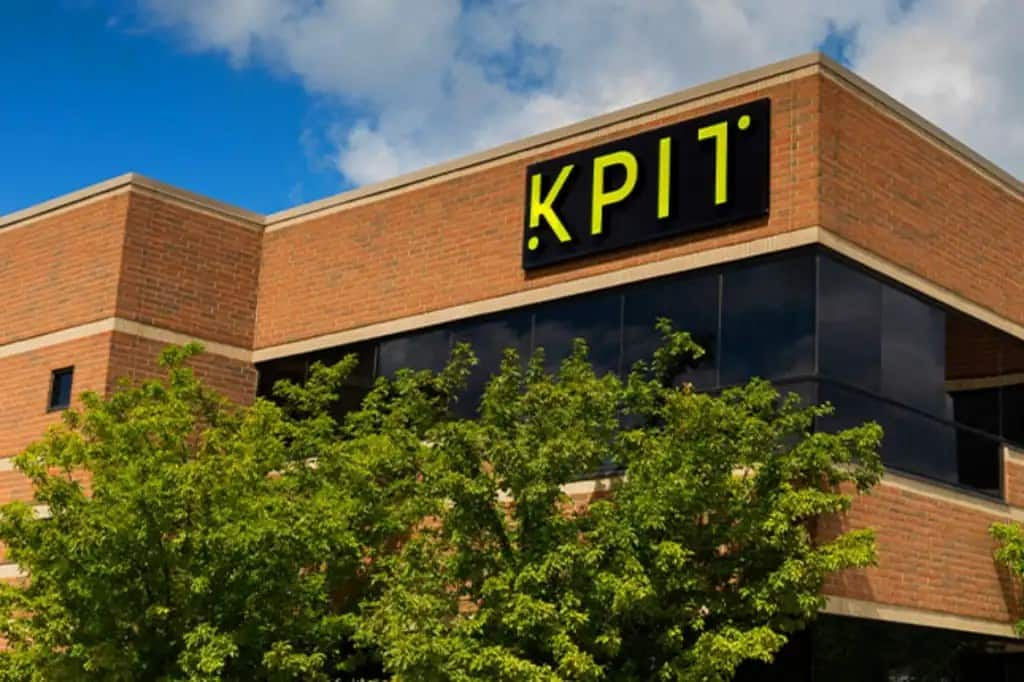When Honda Motor Corporation made an investor presentation on its long-term global strategy last month, only one Indian company — Pune-based KPIT Technologies — found a mention. KPIT will play a critical role in building the software architecture for the Japanese automaker’s first vehicle built around Software-Defined Vehicles (SDV), the latest buzzword in motown.
The validation from Honda is just one small feather in the large cap of KPIT, which made a strategic pivot five years ago — from just another mid-sized IT services company to one with a razor sharp focus on niche automotive software development and integration. Today, almost all global passenger car manufacturers are already or about to be its clients. The markets have seen the fruits of this transformation — shares of KPIT Technologies have doubled in the last one year and 1,275% in five years.
“We are fortunate to be at the right place and at this very right time to ride on opportunities presented by this perfect storm of technology shifts and business model changes. We want to be a key participant in this shift to build a new world of mobility,” Ravi Pandit, co-founder, said at the start of KPIT Tech’s new journey.The journey has been rewarding. KPIT’s strong order pipeline has given the management confidence to revise FY24 guidance to 37% from the 27-30% earlier.
Ebitda margin guidance has also been raised from 19-20% to excess of 20%. According to Kishor Patil, co-founder, CEO and MD of KPIT, the company is partnering with mobility companies to accelerate its journey towards a production-ready SDV. The company has built technology solutions, platforms, and accelerators and made significant investments and partnerships, Patil said.
KPIT said it spotted emerging trends early on and understood the future vehicle would be software on wheels with millions of lines of code going into vehicles and interacting with electronics, sensors, and semiconductor chips. KPIT has been building expertise in CASE (Connected, Autonomous, Shared, Electric) which positioned it to offer OEMs these related products and services.More and more OEMs will be embarking on the SDV journey and KPIT will be part of that. Not all top OEM clients have fully embarked on the journey, so the company sees a lot of headroom to have more SDV programs. OEMs from Germany, the Americas, Japan, Korea and China are working with KPIT for the software their future cars need, making KPIT a key software integration partner.
A report from Roland Berger said OEM automotive software spending is expected to grow to $43 billion in 2030. KPIT’s strategy is focused on the top 25 or T25 clients and deepening and widen engagement with these clients so the company does not need to acquire clients to grow revenue, Patil said.KPIT has also been working on Advanced Driver Assistance Systems (ADAS)/ Autonomous Driving (AD) development and deployment. It has already powered Level 3 autonomy for automotive OEMs within autonomous driving. It is now working on development and deployment of automated and assisted driving technologies up to Level 2+ autonomous vehicles.
KPIT joined the Autonomous Vehicle Computing Consortium, (AVCC) and is part of a group comprising NVIDIA, Toyota, ARM, Bosch, NXP, Subaru, Mazda, Nissan and Siemens among a few others.While KPIT is confident of a good long run, analysts are calling for some caution. Last month, Kotak Institutional Equities said the stock hadrallied 36% over the past month without any commensurate fundamental catalysts.While acknowledging the premium valuations that KPIT Technologies got due to its strong capabilities in a high-growth vertical, the analysts disagreed with the magnitude of premium assigned.JP Morgan recently issued an underweight rating for the stock and cut guidance by 50% to Rs 540 as it saw limited upside to the stock.




